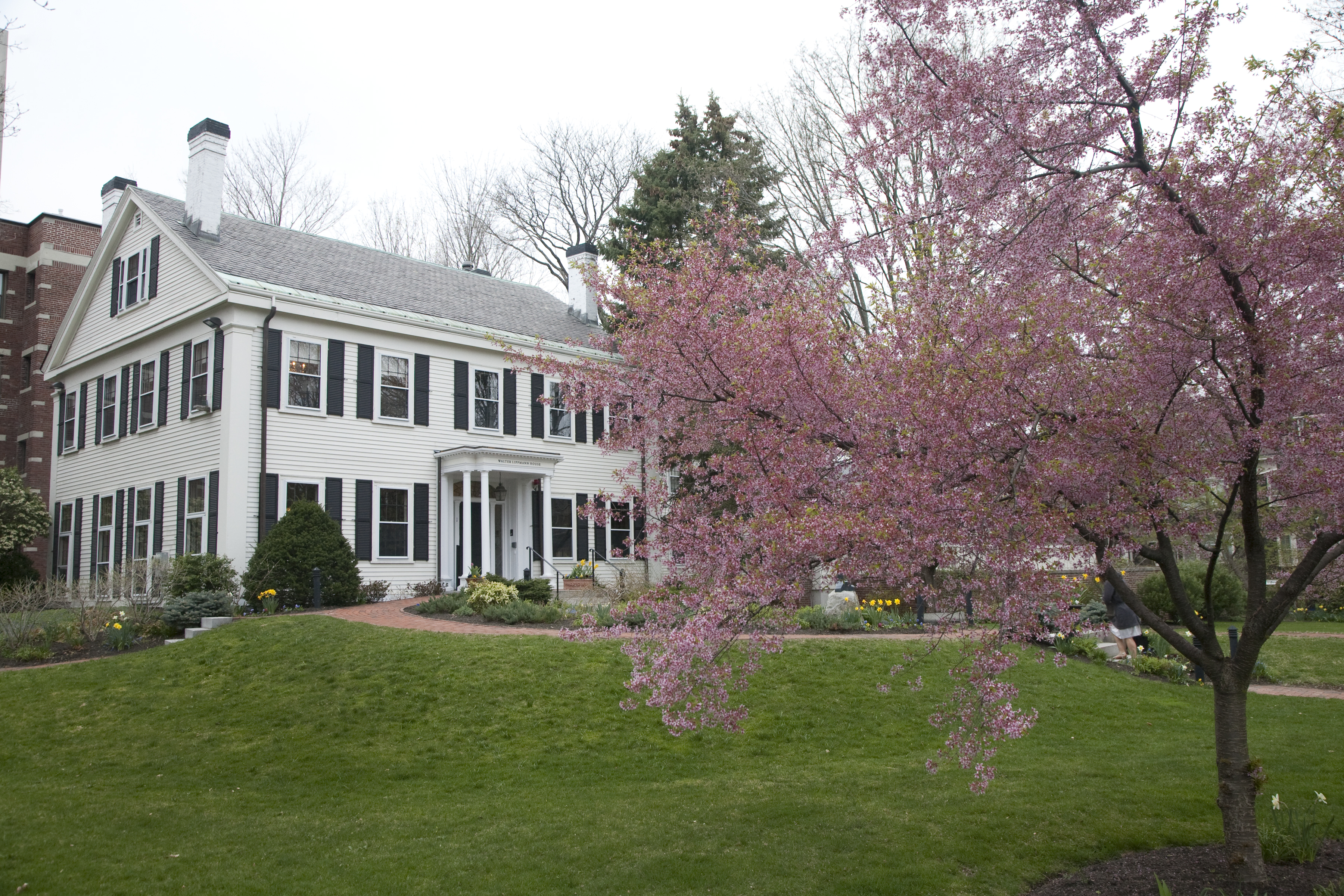
Walter Lippmann House, home of the Nieman Foundation in Cambridge, Mass.
The Nieman Foundation for Journalism, a leading global voice in journalism education and innovation, has selected 24 journalists as members of the Nieman class of 2018. The group includes reporters, writers, correspondents, editors, radio and television producers, a photographer, a director of audience engagement and news executives who work around the world. The new Nieman Fellows will begin an academic year of study at Harvard University this fall.
Nieman additionally is hosting 11 Knight Visiting Nieman Fellows for shorter periods throughout 2017 to work on research projects designed to advance journalism. They are supported by a grant from the John S. and James L. Knight Foundation.
The Nieman Foundation has educated more than 1,500 accomplished journalists from 96 countries since 1938. The fellowship has expanded in recent years to include new collaborative and experimental programs. In addition to taking classes during their time at Harvard, fellows attend Nieman seminars, workshops and master classes and work on their research with Harvard scholars and other leading thinkers in the Cambridge area.
U.S. Nieman Fellows in the class of 2018 and their study plans:
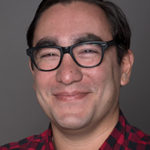
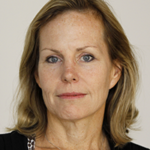
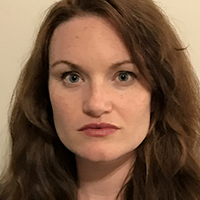
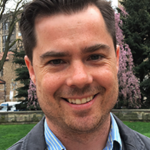
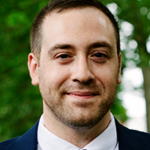
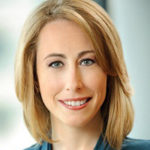
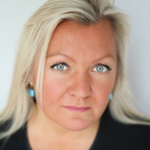
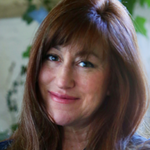
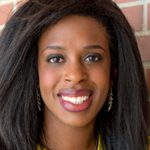

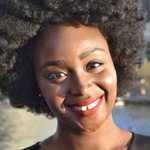
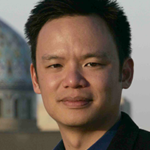
International Nieman Fellows in the class of 2018 and their study plans:
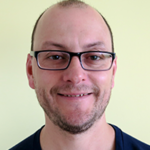
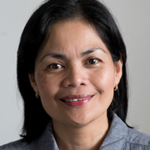
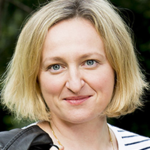
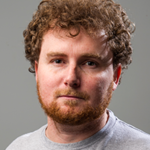


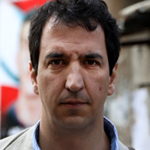
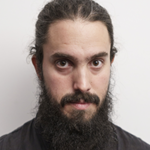
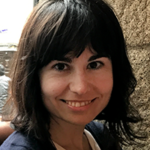
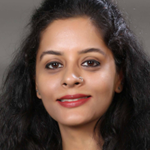
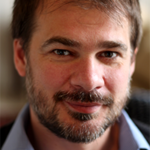
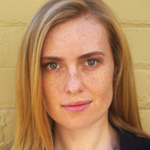
In selecting the Nieman class of 2018, Nieman Foundation curator Ann Marie Lipinski, a 1990 Nieman Fellow, was joined by Caroline Elkins, professor of history and African and African American studies at Harvard University; Debra Adams Simmons, most recently the vice president of news development at Advance Local and a 2016 Nieman Fellow; Brett Anderson, a restaurant critic and features writer at The Times-Picayune in New Orleans and a 2013 Nieman Fellow; and James Geary, Nieman’s deputy curator and a 2012 Nieman Fellow.
The Nieman Foundation for Journalism at Harvard educates leaders in journalism and elevates the standards of the profession through special programs that convene scholars and experts in all fields. In addition to its fellowship program, the foundation’s other initiatives include Nieman Reports, a website and quarterly print magazine that covers thought leadership in journalism; Nieman Lab, a website that reports on the future of news, innovation and best practices in the digital media age; and Nieman Storyboard, a website that showcases exceptional narrative journalism and explores the future of nonfiction storytelling.
